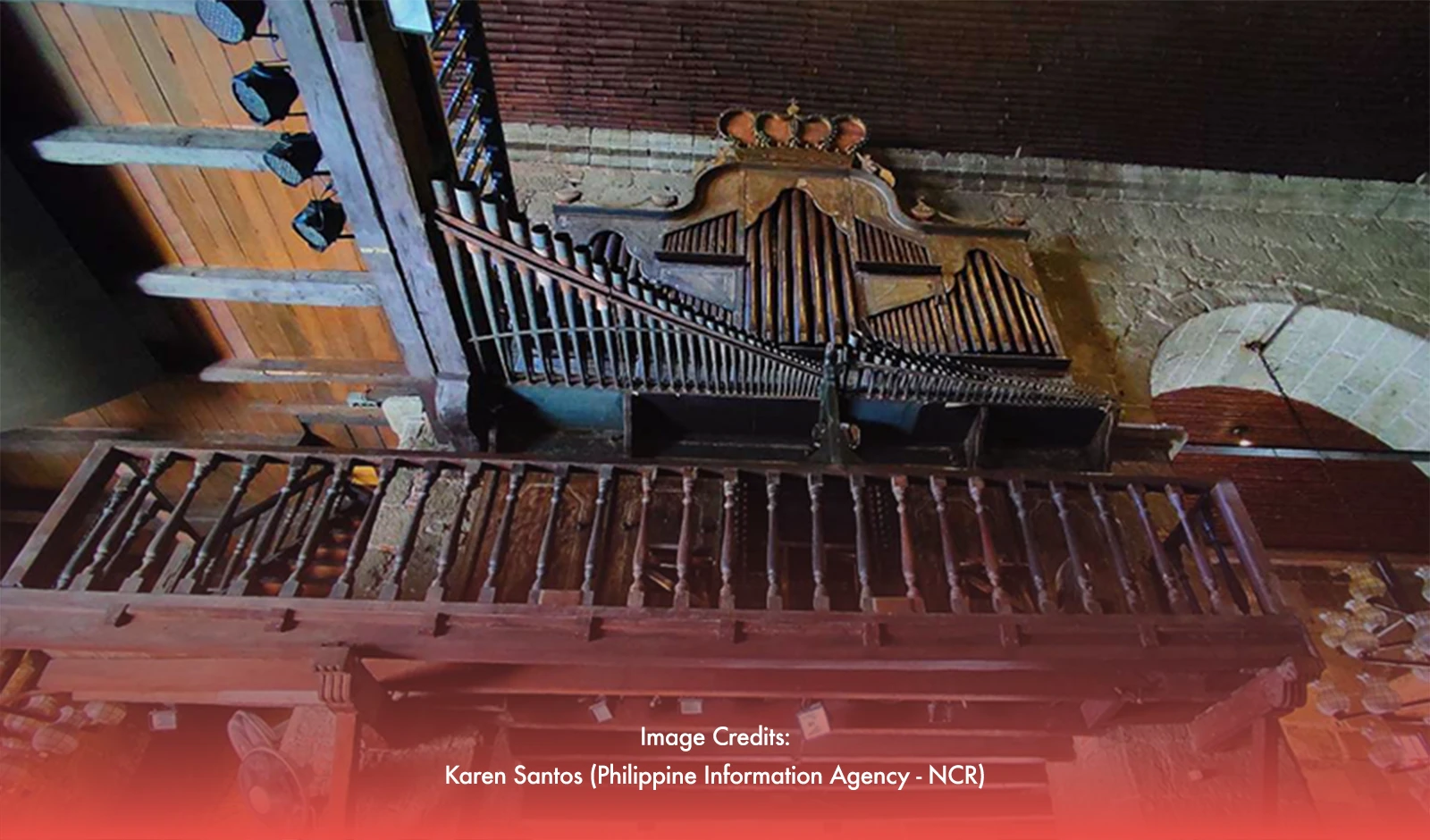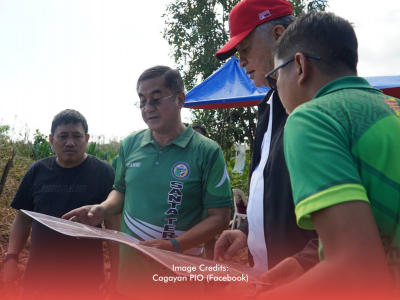Considered a Philippine National Treasure, the Las Piñas Bamboo Organ marks its bicentennial in February 2024.
Constructed by Spanish missionary Fr. Diego Cera in the early 19th century, the bamboo organ's origins are deeply rooted in the history of Las Piñas. Fr. Cera's arrival in the Philippines in 1795, coupled with his musical prowess and guidance from Fr. Ignacio Villanueva, paved the way for an extraordinary project: the construction of a bamboo organ.
Motivated by the abundance of bamboo in the Las Piñas and Zapote forests, Fr. Cera embarked on a journey to create an instrument that not only utilized bamboo as its primary material but also showcased the ingenuity of local artisans. The bamboo was carefully selected, treated with a unique soaking and drying process, and fashioned into a remarkable instrument.
With limited resources and technology available at the time, the construction of the Las Piñas Bamboo Organ was an exceptional accomplishment. The resulting instrument boasts 1,031 bamboo pipes, ranging from 8 inches to 16 feet, controlled by a keyboard with 13 ranks and 14 stops, housed in a wooden case adorned with ornate carvings.
Preserving the Legacy
In 2013, the Las Piñas Bamboo Organ Foundation Inc. was established through Ordinance No. 2013-002, tasked with managing and maintaining the instrument. The City Council's allocation of over P48 million for restoration and promotion demonstrates a commitment to preserving this cultural gem.
Regular concerts at the Bamboo Organ Festival draw audiences locally and worldwide, showcasing the instrument's majestic voice made of over 900 bamboo tubes. The annual competition for young organists fosters a love for classical music, ensuring the Bamboo Organ's legacy resonates with future generations.
The inauguration of the Bamboo Organ Museum in 2022 further cements the organ's status, providing a fascinating historical journey through this unique Filipino treasure, recognized by UNESCO as an Intangible Heritage of Humanity in 2003.
Legislation for Sustainability
Senators Mark and Cynthia Villar, esteemed figures in Las Piñas City, have demonstrated a profound recognition of the inherent value of bamboo, such as in the crafting of musical instruments. Their commitment to this realization has materialized in the form of Senate Bill No. 2513, aptly named the "Kawayan Act." This legislative endeavor is poised to propel sustainable development within the bamboo industry.
The Kawayan Act not only underscores the intrinsic value of bamboo as a versatile resource but also addresses the imperative need for a well-structured governmental body to oversee and guide the industry's development. In doing so, Senators Mark and Cynthia Villar aspire to create a robust foundation that will ensure the longevity and sustainability of the bamboo industry, contributing significantly to both the economic landscape and environmental welfare.








